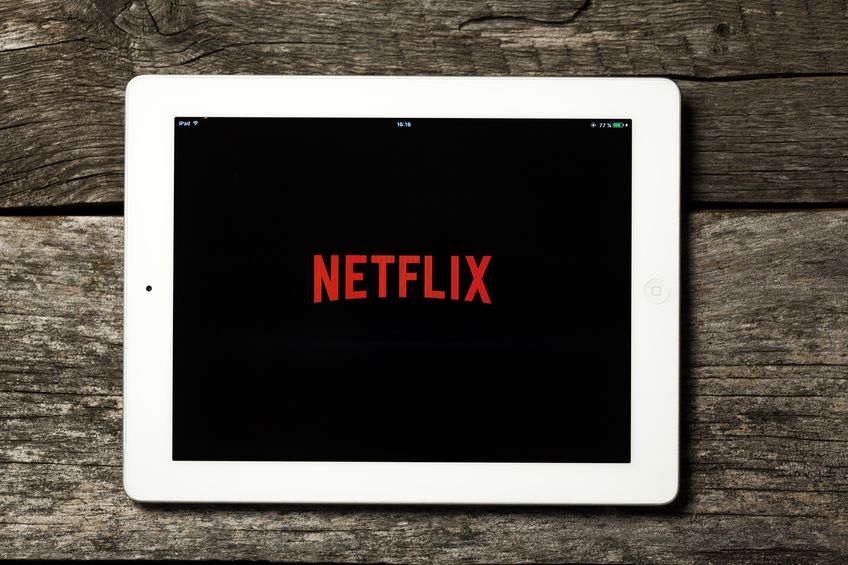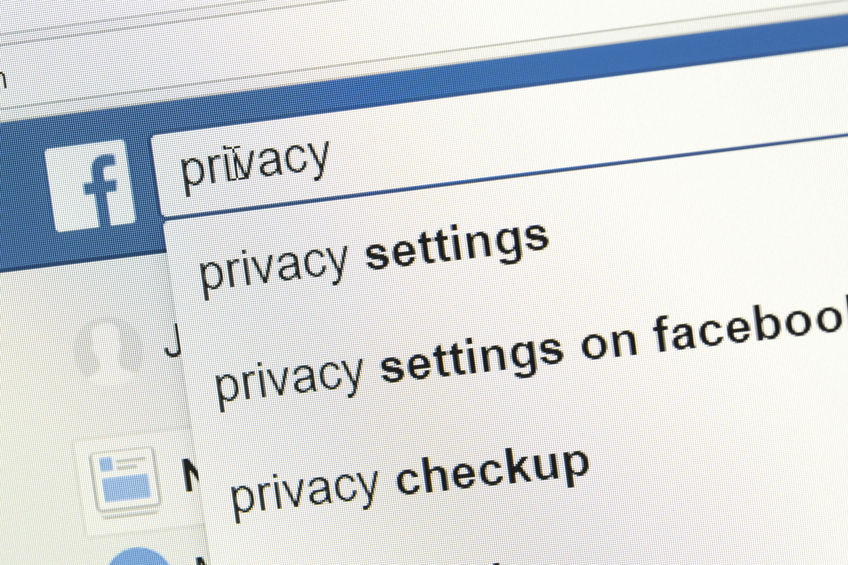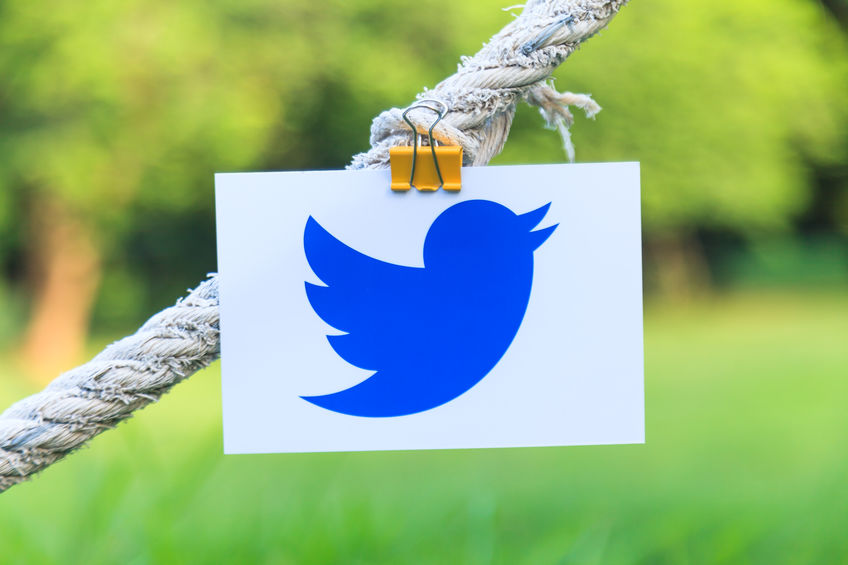If you’re like me, you probably rarely think about advertisements, other than to possibly figure out how to avoid them. But ads are everywhere, of course, and the entities that create and pay for them are constantly working to make sure that we see even more of them. To this end, companies are trying a variety of new tactics, many including new uses of technology
The OPLIN 4cast Posts
In libraries, we take pains to clear patron session data off of our computers. But are the auto dealerships and rental agencies as cautious? Turns out there’s no way to be sure that previous drivers of your rental car (or owners of your new used car) have deleted the apps and accounts that gave them access to the car’s data. And that’s just the tip of the iceberg of problems that come when your car is part of the Internet of Things.
While Netflix didn’t win big at the Oscars this year, it still has been making headlines. The streaming service has known for some time that the streaming wars would eventually heat up, and some recent news make it evident that Netflix is ready for the competition.
January 28 was Data Privacy Day, and Facebook took the occasion to announce that it was putting its “Clear History” function, now rechristened Off-Facebook Activity Tool, into general release. Not a cure-all, but certainly a step in the right direction. Good thing we only have to think about data privacy on one day a year, right?
Regardless of whether the WhatsApp messages are to blame, “the biggest takeaway from this,” writes Sheera Frenkel of the New York Times, “is that anyone, anywhere, can be hacked if the person carrying out the attack has enough time, money and patience.”
We’ve certainly covered facial recognition before, but it’s only in the past week or so that we’ve seen this intense, consistent level of news, development and controversy.
It’s that time of year, when more people spend time in clinics and doctors’ offices, as cold and flu season gets underway. Many of us…
As a librarian, I first became aware of COPPA—the Children’s Online Privacy Protection Act—when installing ebook kiosks in middle school libraries. The kiosks would send…
Accessibility for those with disabilities is not a new idea, although it’s far from being a normative part of many planning processes (but it should…
A few weeks ago, Twitter CEO Jack Dorsey tweeted that his company would fund an outside research team, called Bluesky, to develop an “open and decentralized standard for social media.” What does that mean, exactly? The best analogy might be email: in Gmail, for example, you aren’t limited to only sending email to other Gmail users; but because of the “Simple Mail Transport Protocol,” email works regardless of your client, and companies like Superhuman can build enhancements on top of email. So what if you didn’t need a Twitter account to tweet?











